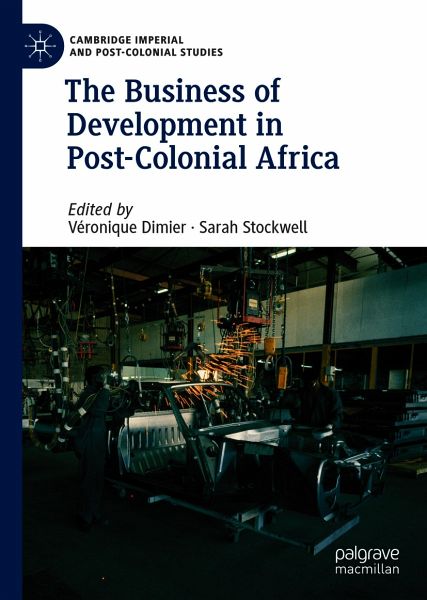
The Business of Development in Post-Colonial Africa (eBook, PDF)
Versandkostenfrei!
Sofort per Download lieferbar
96,95 €
inkl. MwSt.
Weitere Ausgaben:

PAYBACK Punkte
48 °P sammeln!
This collection brings together a range of case studies by both established and early career scholars to consider the nexus between business and development in post-colonial Africa. A number of contributors examine the involvement of European companies (most notably those of former colonial powers) in development in various African states at the end of empire and in the early post-colonial era. They explore how businesses were not just challenged by the new international landscape but benefited from the opportunities it offered, particularly those provided by development aid. Other contributor...
This collection brings together a range of case studies by both established and early career scholars to consider the nexus between business and development in post-colonial Africa. A number of contributors examine the involvement of European companies (most notably those of former colonial powers) in development in various African states at the end of empire and in the early post-colonial era. They explore how businesses were not just challenged by the new international landscape but benefited from the opportunities it offered, particularly those provided by development aid. Other contributors focus on the development agencies of the departing colonial powers to consider how far these served to promote the interests of European companies. Together these case studies constitute an important contribution to our understanding of both business and development in post-colonial Africa, redressing an imbalance in existing histories of both business and development whichfocus predominantly on the colonial period. This volume breaks new ground as one of the very first to bring the study of foreign companies and development aid into the same frame of analysis
Dieser Download kann aus rechtlichen Gründen nur mit Rechnungsadresse in A, B, BG, CY, CZ, D, DK, EW, E, FIN, F, GR, HR, H, IRL, I, LT, L, LR, M, NL, PL, P, R, S, SLO, SK ausgeliefert werden.












